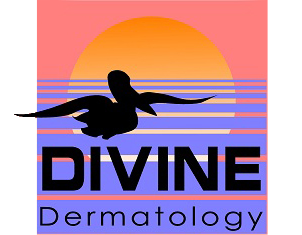Blog Skincare Tips anti-aging skincare tips
Should You Start Getting Into Skincare?
In a 2021 survey, 41% of those between the ages of 18 to 24 said that skincare is the product category they spend the most on. Skincare has become an integral part of modern culture that not taking care of your skin can almost be considered as taboo. If you haven’t yet began to start taking care of your skin seriously, here are some questions you can ask yourself:
- Is it too late for me to start a routine? It is never too late to start taking care of your skin. The role of a skincare routine can be threefold: damage repair, damage mitigation and quality maintenance. You want to repair the current damage done to your skin, then mitigate it, while improving the quality of your skin through maintenance. What you do however need to accept is to have realistic expectations the first time you start formulating a skincare routine. You won’t get the best results at first when you start implementing products. Many products, like acne treatments, can take months and a lot of trial-and-error before seeing good results.
- Should my routine change as I age? Yes and no. Once your skincare routine has been established, your focus initially should be what’s at present. If you’re in your 20’s or your 30’s, you’re going to be dealing with different issues than those who are in their 40’s or 50’s. Keep in mind however that your skin does change as you age, so while it’s good to tackle the issues you have now, like oily skin, it’s a good idea to incorporate anti-aging, or anti-hyperpigmentation treatments down the road as well as you age.
- Morning Routine and Nighttime Routine, is it really worth it? Definitely worth it. The purpose of having a daytime routine is to protect the results produced by your nighttime routine. Lots of daytime routine products involve keeping your skin moisturized and protected from UV while having a decent amount of anti-oxidants. Your nighttime routine however consists of cleansers, repairing agents, peels, and serums. These include retinol, hyaluronic acid, and of course certain types of moisturizers.




